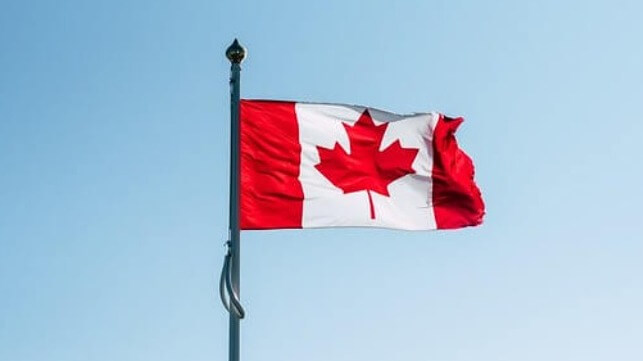Canada’s New Indo-Pacific Strategy to Counter China’s Influence

Canada intends to increase its naval presence and conduct additional military exercises in the waters of the Indo-Pacific region joining with the growing number of global powers determined to counter China’s increasing presence in the region. In the long-awaited strategy statement from the Canadian government, the Canadian authorities accuse China of becoming an “increasingly disruptive global power,” while mapping out a strategy aimed at promoting its national interests over the next decade.
Canada is committing to spending $1.7 billion over the next five years to promote its interests in the region focusing on security, trade, and climate change among others. Part of the measures includes working with allies to counter China’s “coercive behavior” by ensuring full respect for international law, including the United Nations Convention on the Law of the Sea, in the South China Sea where Beijing claims sovereignty over the vast majority of the waters. Canada also intends to oppose unilateral actions that threaten the status quo in the Taiwan Strait.
The strategy is anchored on the understanding that the Indo-Pacific region will play a critical role in shaping Canada’s future over the next half-century owing to the fact that it encompasses 40 economies, over four billion people, and $35 trillion in economic activity. Besides being the world’s fastest-growing region, it is home to six of Canada’s top 13 trading partners.
Canada, however, views China as an adversary rather than an ally in the region due to Beijing’s large-scale investments aimed at establishing its economic influence, diplomatic impact, offensive military capabilities, and advanced technologies using unorthodox approaches.
“China is looking to shape the international order into a more permissive environment for interests and values that increasingly depart from ours,” states the 26-page strategy. It adds that China’s disregard for UN rulings on disputes in the South China Sea, its actions to further militarize the region and challenge navigation and overflight rights are part of Beijing’s disregard for international laws.
China has protested over the strategy, maintaining that Beijing is committed to adhering to peaceful development and has no intentions of seeking hegemony and that it does not engage in expansion.
“Canada’s strategy on China is full of ideological bias, exaggerating and hyping up the so-called China threat and making groundless accusations and attacks against China,” said Zhao Lijian, Ministry of Foreign Affairs spokesman.
According to the strategy launched by Canadian Foreign Minister Melanie Joly, Canada’s interests in the region will be guided by five strategic objectives namely promoting peace, resilience and security, expanding trade, investment and supply chain resilience and investing in and connecting people. Others are building a sustainable and green future and ensuring Canada becomes an active and engaged partner to the Indo-Pacific region.
Effectively, the government will invest $535.2 million in boosting the country’s Indo-Pacific naval presence, increasing armed forces' participation in regional military exercises, and helping build robust cyber security capabilities in the region.
The government will also commit $178.8 million to expand trade, investment, and supply-chain resilience, $679 million to building a sustainable and green future with more funding directed at ensuring Canada becomes an active, engaged, and reliable partner in the Indo-Pacific region by increasing its diplomatic engagements to build influence among partners and allies.
“The future of the Indo-Pacific is our future. We have a role to play in shaping it. To do so, we need to be a true, reliable partner. Today, we are putting forward a truly Canadian strategy, one that involves every facet of our society. It sends a clear message to the region that Canada is here, and they can trust we are here to stay,” said Joly.
Though Canada reckons that its approach is shaped by a realistic and clear-eyed assessment of today’s China, the country says it is open to cooperating with Beijing. They call for finding mutual solutions to global issues such as climate change, biodiversity loss, global health, and nuclear proliferation.
